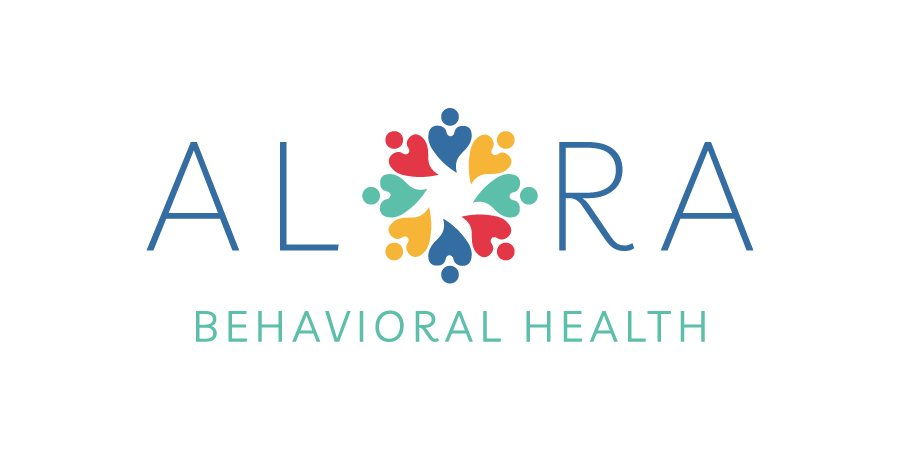Applied Behavior Analysis (ABA) is a widely recognized and evidence-based behavioral health treatment for individuals with developmental and behavioral challenges. At the heart of ABA lies the science of behavior analysis, which provides the foundation for compassionate and effective therapeutic interventions. In this blog, we’ll delve into the principles that underpin ABA and explore how they are applied to create positive and lasting behavioral changes.
Understanding Behavior
Before we can grasp the principles of ABA, it’s essential to understand what behavior truly is. Behavior, in the context of ABA, refers to any observable and measurable action. Whether it’s a smile, a tantrum, or a completed homework assignment, behavior encompasses all actions a living person can do. The core idea of behavior analysis is that understanding why individuals engage in specific behaviors is the key to bringing about meaningful change.
The ABCs of Behavior
In ABA, behavior is often analyzed using the ABC model, which stands for Antecedent, Behavior, and Consequence. This framework helps therapists and caregivers identify the triggers and outcomes of a behavior.
- Antecedent: This is what occurs before the behavior. Antecedents can be events, situations, or even specific requests or instructions. Identifying antecedents helps to understand the triggers for certain behaviors.
- Behavior: This is the observable action or response to the antecedent. ABA focuses on precisely defining behavior so that it can be measured objectively.
- Consequence: This refers to what happens immediately after the behavior. Consequences can be positive or negative, and they play a crucial role in determining whether a behavior is more or less likely to occur in the future.
Principles of Behavior Analysis
Now, let’s explore some fundamental principles of behavior analysis that guide ABA therapy:
- Reinforcement: A key principle in ABA, reinforcement involves providing a consequence to strengthen or increase a desirable behavior. It’s like offering a reward for positive actions, making them more likely to be repeated.
- Punishment: While generally avoided in ABA, punishment is a consequence that decreases a behavior. It’s essential to be aware that punishment is sometimes subjective and may not be intended. When used, it should generally be a last resort and used carefully and in conjunction with positive reinforcement and alternative replacement strategies.
- Generalization: This principle involves helping individuals apply newly learned behaviors in various situations and with different people. It ensures that the skills acquired in therapy are useful in daily life.
- Extinction: Extinction involves withholding reinforcement for a behavior, causing it to decrease over time. It’s often used when a behavior is maintained by attention or other external factors. Extinction can also involve a diminished response when a previously conditioned item no longer elicits the same response.
- Functional Behavior Assessment (FBA): This is a process used to identify the function or purpose of a behavior. Understanding why a behavior occurs helps tailor interventions to address the underlying needs.
Applying ABA Principles in Therapy
In ABA therapy, these principles are employed systematically to develop individualized treatment plans. Therapists identify target behaviors, collect data on those behaviors, and implement interventions to address them. Through continuous assessment and adjustment, ABA therapy helps individuals acquire new skills, reduce challenging behaviors, and improve their overall quality of life.
Understanding the science of ABA and the principles of behavior analysis is essential for anyone involved in the world of autism intervention and developmental support. By recognizing the ABCs of behavior and employing evidence-based strategies, individuals can lead more productive, fulfilling lives. ABA therapy, rooted in these principles, empowers individuals and families by providing effective tools to address behavioral challenges and foster growth.

